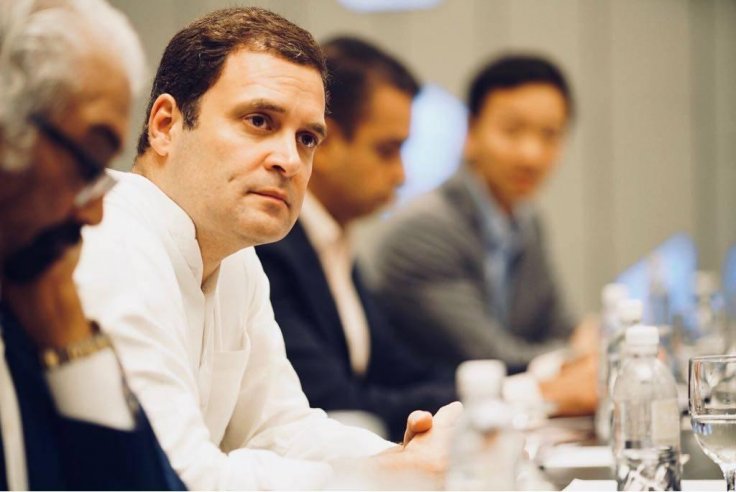
As India goes to general elections beginning April 11, a size of 850 million voters will be electing their next Prime Minister, who will steer the country for another term. The main rivalry is set to be between current Prime Minister Narendra Modi and the opposition Congress Party chief Rahul Gandhi.
The two-month long polling schedule spread over seven phases in the world's largest democracy will see 543 members elected for the 17th Lok Sabha (lower house) on May 23. The ruling Bharatiya Janata Party is riding high on Air Force's recent surgical strikes deep inside Pakistan, claiming that they have killed more than 250 militants in training camps. The opposition is adamant for a proof.
Bereft of proof, BJP is hoping that the Indian voter would return the heroic feat during the elections. But the situation at Ground zero is still unclear as it was always the rural voter who had turned the tables around in Indian politics. In 2004 too, when the BJP wave under Prime Minister AB Vajpayee was at its peak as "India Shining", the country woke up to a rude shock when the Congress Party returned to power amid no sloganeering under Sonia Gandhi, then Congress chief and mother of Rahul Gandhi.
In 2019 elections too, the 150-year-old Congress Party is poised against a strong leader in Narendra Modi but the party is heavily counting on the anti-incumbency factor. The road ahead for Rahul Gandhi is not merely leading the Congress party to power but emerging as the acceptable leader among the possible coalition partners in case of a hung parliament.
Gone are the days when he faced ridicule in the Hindi belt as Pappu (his pet name which also means not smart), especially after the poor party performance in 2014 elections. His abrupt disappearance from the national political scene for two months after the poll debacle further fuelled the allegations that he had left the country in despair. Though he returned after apparently undergoing a meditation course in Vietnam, the social media trolls remained unstoppable until it was found that millions of fake accounts on Facebook and Twitter had, indeed, targeted the Congress leader tarnishing his image systematically.

Taking over the leadership of the party from his mother Sonia Gandhi last year, Rahul Gandhi was able to win three of the four state assembly elections in December 2018. The winning combination reflected anti-incumbency factor coupled with the ideological differences with the BJP in many sections of society.
Rahul Gandhi was able to gauze the level of unhappiness among rural voters and unrest among the youth over unemployment. Though his solutions remained untested, he was able to explain them better this time. His undaunted attack on Rafale aircraft deal, crony capitalism, uneven development may stand scrutiny soon.
The task ahead is not simple either. From its worst-ever record of 44 seats in Parliament in 2014, Congress has to win 272 seats to emerge as winner. The magic number seems far-fetched but Rahul Gandhi's party is banking on anti-incumbency factor that proved the real game changer in every elections. How far will it swing away from BJP is what psephologists are watching now.









